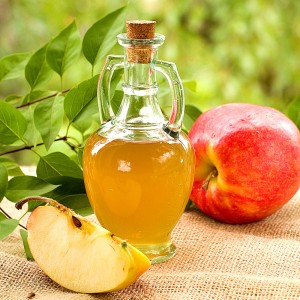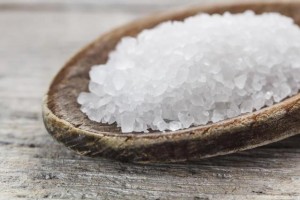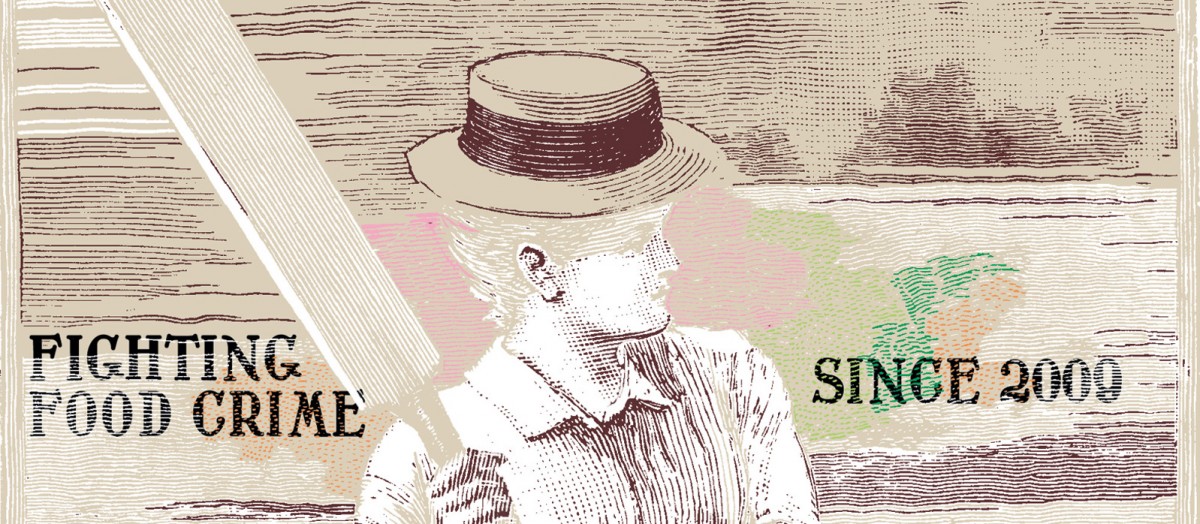
Home made // Quality // Supersnacks
Troō Food Liberation

Troō Food Liberation is a collective of people from different backgrounds that came together to work toward exposing the truth behind our food.
We organize Vegan / Raw / Superfood Cooking Classes, Wild Mushroom & Herb Collecting Excursions, and Nutrition & Food Awareness Educational Talks in kindergartens and high-schools.
T//F//L// believes that the role of food in our lives today is hugely important – it is political, it is social, it is ecological, it is communal and it should always taste damn fine!
T//F//L// advocates for people to make more conscious decisions as consumers. We believe in the right of all people to eat real food, food that is free of pesticides and genetic modification. Real food which retains its nutritional value and original healing properties. We believe in the ancient Greek motto of “Let food be thy medicine and medicine be thy food” (Hippocrates, 460 B.C.).
T//F//L// moves away from the corporate power structure that the food industry has become and encourages cruelty free diets. Cruelty free means that we do not exploit animals for food or other uses, we support fair trade economies and boycott those economies that are making a profit out of peoples suffering.
Ingredients and Suppliers
Kale 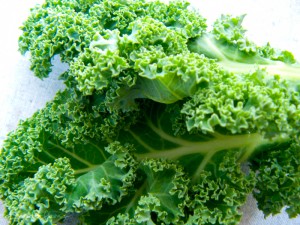
Kale is being called “the new beef”, “the queen of greens” and “a nutritional powerhouse.” Here are ten great benefits of adding more kale to your diet:
1. Kale is low in calorie, high in fiber and has zero fat. One cup of kale has only 36 calories, 5 grams of fiber and 0 grams of fat. It is great for aiding in digestion and elimination with its great fiber content. It’s also filled with so many nutrients, vitamins, folate and magnesium as well as those listed below.
2. Kale is high in iron. Per calorie, kale has more iron than beef. Iron is essential for good health, such as the formation of hemoglobin and enzymes, transporting oxygen to various parts of the body, cell growth, proper liver function and more.
3. Kale is high in Vitamin K. Eating a diet high in Vitamin K can help protect against various cancers. It is also necessary for a wide variety of bodily functions including normal bone health and blood clotting. Also increased levels of vitamin K can help people suffering from Alzheimer’s disease.
4. Kale is filled with powerful antioxidants. Antioxidants, such as carotenoids and flavonoids help protect against various cancers.
5. Kale is a great anti-inflammatory food. One cup of kale is filled with 10% of the RDA of omega-3 fatty acids, which help, fight against arthritis, asthma and autoimmune disorders.
6. Kale is great for cardiovascular support. Eating more kale can help lower cholesterol levels.
7. Kale is high in Vitamin A. Vitamin A is great for your vision, your skin as well as helping to prevent lung and oral cavity cancers.
8. Kale is high in Vitamin C. This is very helpful for your immune system, your metabolism and your hydration.
9. Kale is high in calcium. Per calorie, kale has more calcium than milk, which aids in preventing bone loss, preventing osteoporosis and maintaining a healthy metabolism. Vitamin C is also helpful to maintain cartilage and joint flexibility
10. Kale is a great detox food. Kale is filled with fiber and sulfur, both great for detoxifying your body and keeping your liver healthy.
Cashew nuts 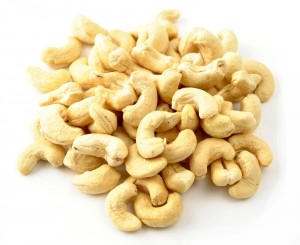
Not only do cashews have a lower fat content than most other nuts, approximately 82% of their fat is unsaturated fatty acids, plus about 66% of
this unsaturated fatty acid content are heart-healthy monounsaturated fats, similar to those found in olive oil. Studies of diabetic patients show that monounsaturated fat, when added to a low-fat diet, can help to reduce high triglyceride levels. Triglyceridesare a form in which fats are carried in the blood, and high triglyceride levels are associated with an increased risk for heart disease, so ensuring you have some monounsaturated fats in your diet by enjoying cashews is a good idea, especially for persons with diabetes.
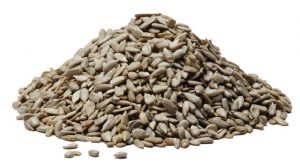 Sunflower seeds
Sunflower seeds
Sunflower seeds are an excellent source of vitamin E, the body’s primary fat-soluble antioxidant. Vitamin E travels throughout the body neutralizing free radicals that would otherwise damage fat-containing structures and molecules, such as cell membranes, brain cells, and cholesterol. By protecting these cellular and molecular components, vitamin E has significant anti-inflammatory effects that result in the reduction of symptoms in asthma, osteoarthritis, and rheumatoid arthritis, conditions where free radicals and inflammation play a big role. Vitamin E has also been shown to reduce the risk of colon cancer, help decrease the severity and frequency of hot flashes in women going through menopause, and help reduce the development of diabetic complications.
In addition, vitamin E plays an important role in the prevention of cardiovascular disease. Vitamin E is one of the main antioxidants found in cholesterol particles and helps prevent free radicals from oxidizing cholesterol. Only after it has been oxidized is cholesterol able to adhere to blood vessel walls and initiate the process of atherosclerosis, which can lead to blocked arteries, heart attack, or stroke. Getting plenty of vitamin E can significantly reduce the risk of developing atherosclerosis. In fact, studies show that people who get a good amount of vitamin E are at a much lower risk of dying of a heart attack than people whose dietary intake of vitamin E is marginal or inadequate.
Nutritional Yeast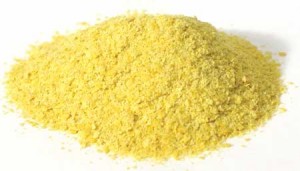
Nutritional Yeast contains trace amounts of several Vitamins and minerals, it is only a significant source of some B-complex vitamins. Sometimes nutritional yeast is fortified with vitamin B12.
Nutritional yeast has a strong flavor that is described as nutty, cheesy, or creamy, which makes it popular as an ingredient in cheese substitutes. It is often used by vegans in place of cheese. It can be used in many recipes in place of cheese, such as in mashed and fried potatoes, and atop scrambled tofu. Another popular use is as a topping for popcorn.
Extra Virgin Olive Oil
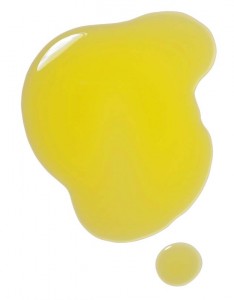 The quality of olive oil production—especially the stage of pressing—really does make a difference when it comes to health benefits. Recent studies have compared the anti-inflammatory benefits of extra virgin olive oil (EVOO) obtained from the first pressing of the oil to the anti-inflammatory benefits of virgin olive oils (non-EVOO) obtained from later pressings. What researchers found was an ability of EVOO to lower inflammatory markers in the blood when non-EVOOs were unable to do so. (Study measurements included blood levels of thromboxane A2, or TXA2, and leukotriene B2, or LBT2.) This ability of extra virgin olive oil to help protect against unwanted inflammation is not surprising, since EVOO is known to contain stronger concentrations of phytonutrients (especially polyphenols) that have well-known anti-inflammatory properties.
The quality of olive oil production—especially the stage of pressing—really does make a difference when it comes to health benefits. Recent studies have compared the anti-inflammatory benefits of extra virgin olive oil (EVOO) obtained from the first pressing of the oil to the anti-inflammatory benefits of virgin olive oils (non-EVOO) obtained from later pressings. What researchers found was an ability of EVOO to lower inflammatory markers in the blood when non-EVOOs were unable to do so. (Study measurements included blood levels of thromboxane A2, or TXA2, and leukotriene B2, or LBT2.) This ability of extra virgin olive oil to help protect against unwanted inflammation is not surprising, since EVOO is known to contain stronger concentrations of phytonutrients (especially polyphenols) that have well-known anti-inflammatory properties.
Mediterranean Diet studies have long associated olive oil intake with decreased risk of heart disease. However, a recent group of studies has provided us with a fascinating explanation of olive oil’s cardioprotective effect. One of the key polyphenols in olive oil—hydroxytyrosol (HT)—helps protect the cells that line our blood vessels from being damaged by overly reactive oxygen molecules. HT helps protect the blood vessel cells by triggering changes at a genetic level. The genetic changes triggered by HT help the blood vessel cells to enhance their antioxidant defense system. In other words, olive oil supports our blood vessels not only by providing antioxidants like like vitamin E and beta-carotene. Olive oil also provides our blood vessels with unique molecules like HT that actually work at a genetic level to help the cellular walls of the blood vessels remain strong.
Olive oil has long been recognized for its unusual fat content. This plant oil is one of the few widely used culinary oils that contains about 75% of its fat in the form of oleic acid (a monounsaturated, omega-9 fatty acid). In terms of monounsaturated fat, the closest common culinary oil to olive is canola oil, with about 60% of its fat coming in monounsaturated form. By contrast, the fat in soybean oil in only 50-55% monounsaturated; in corn oil, it’s about 60%; in sunflower oil, about 20%; and in safflower oil, only 15%. When diets low in monounsaturated fat are altered to increase the monounsaturated fat content (by replacing other oils with olive oil), research study participants tend to experience a significant decrease in their total blood cholesterol, LDL cholesterol, and LDL:HDL ratio. Recent research studies have taken these heart-healthy effects of olive oil one step further. Olive oil’s monounsaturated fat content (specifically, its high level of oleic acid) has now been determined to be a mechanism linking olive oil intake to decreased blood pressure. Researchers believe that the plentiful amount of oleic acid in olive oil gets absorbed into the body, finds its way into cell membranes, changes signaling patterns at a cell membrane level (specifically, altering G-protein associated cascades) and thereby lowers blood pressure. To our knowledge, this is the first time that the monounsaturated fat content of olive oil has been linked not only to cholesterol reduction, but also to reduction of blood pressure.
Cancer prevention has been one of the most active areas of olive oil research, and the jury is no longer out on the health benefits of olive oil with respect to cancer. Twenty-five studies on olive oil intake and cancer risk—including most of the large-scale human studies conducted up through the year 2010—have recently been analyzed by a team of researchers at the Mario Negri Institute for Pharmacological Research Institute in Milan, Italy. Firmly established by this research team were the risk-reducing effects of olive oil intake with respect to cancers of the breast, respiratory tract, upper digestive tract and, to a lesser extent, lower digestive tract (colorectal cancers). These anti-cancer benefits of olive oil became most evident when the diets of routine olive oil users were compared with the diets of individuals who seldom used olive oil and instead consumed diets high in saturated added fat, especially butter.
 Mustard Seeds
Mustard Seeds
Mustard seeds emerged from our food ranking system as an excellent source of selenium, a nutrient which that has been shown to help reduce the severity of asthma, decrease some of the symptoms of rheumatoid arthritis, and help prevent cancer. They also qualified as a good source of magnesium. Like selenium,magnesium has been shown to help reduce the severity of asthma, to lower high blood pressure, to restore normal sleep patterns in women having difficulty with the symptoms of menopause, to reduce the frequency of migraine attacks, and to prevent heart attack in patients suffering from atherosclerosis or diabetic heart disease.
Mustard seeds also qualified as a very good source of omega-3 fatty acids and manganese as well as a good source of phosphorus, copper, and vitamin B1.
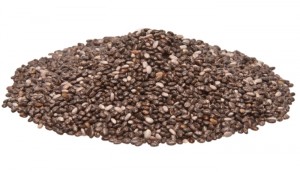 Chia Seeds
Chia Seeds
Chia seeds are tiny black seeds from the plant Salvia Hispanica, which is related to mint. This plant grows natively in South America. Chia seeds were an important food for the Aztecs and Mayans back in the day. They prized them for their ability to provide sustainable energy … in fact, “chia” is the ancient Mayan word for “strength.”
Despite their ancient history as a dietary staple, only recently did chia seeds become recognized as a modern day superfood. In the past few years, they have exploded in popularity and are now consumed by health conscious people all over the world.
Cayenne Pepper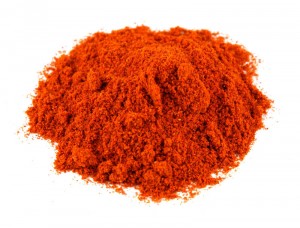
Although it is technically a spice, it is also referred to by many herbalists and the alternative health community as a herb.
The name ‘Cayenne’ comes from the Cayenne region of French Guiana where it originated. The cayenne pepper is also known as ‘red-hot chili pepper’.
Although cayenne pepper is a opular spice used in a number of foods, it has been used medicinally for hundreds and even thousands of years. There are accounts of its natural health benefits dating back as far as the Aztecs.
The medical herbalist, Dr. Richard Schulze, says that “If you master only one herb in your life, master cayenne pepper. It is more powerful than any other.”
The main active and medicinal component found in cayenne peppers is capsaicin. Capsaicin is actually an irritant that produces a burning sensation to any tissue in comes into contact with. But it is this ingredient that give peppers their heat. As a rule, the hotter the pepper, the more capsaicin it contains. So the hotter the better!
Smoked Paprika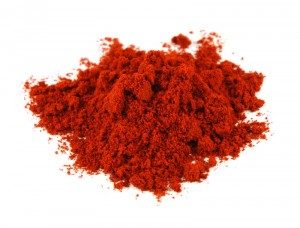
Smoked paprika is a Spanish cousin to the more widely used sweet Hungarian paprika. It’s made from pimiento peppers that have been dried and smoked over an oak fire, then ground into a fine powder.
You’ll sometimes see it called pimenton, smoked pimenton, sweet paprika, Spanish paprika, or any variation of those names, but you can always recognize this spice by its deep red color and powerful smoky aroma.
Paprika comes loaded with carotenoids — the pigments that give it its deep red color. Its lutein and zeaxanthin content benefits your eyesight by preventing harmful light rays from damaging your eye tissues, while its vitamin A content aids in night vision and plays a role in healthy cell development. A tablespoon of paprika contains 3,349 international units of vitamin A — more than 100 percent of the daily intake requirement for men and women, set by the Institute of Medicine.
Adding paprika to your diet also helps you get more iron. The iron from your diet supports your cellular metabolism — it allows your cells to carry out a series of chemical reactions, called the electron transport chain, that result in the energy production. Iron also supports the function of hemoglobin and myoglobin — two proteins tasked with transporting and storing oxygen that your tissues need to function. A tablespoon of paprika contains 1.4 milligrams of iron, providing 8 and 18 percent of the daily recommended intakes for women and men, respectively, determined by the Institute of Medicine.
Higher quality salt from the marshes of Mesologgi.
Premium product, 100% natural
Collected by hand from the top of the fresh salt
Dried under the Greek sun!
Sea salt, which is created by evaporating sea water, typically involves little or no processing and contains no anti-clumping additives, unlike table salt. Whether coarse or finely ground, it contains more minerals than other salts because it comes from the sea. Your body needs these minerals to function properly. They support your immune system and aid in your body’s normal growth and development. Major minerals are minerals your body needs in quantities of 100 milligrams or more per day. Depending on the original source of seawater, major minerals found in sea salt include sodium, potassium, phosphorus and calcium. Sodium helps balance your body’s fluids and is needed for proper muscle contraction. Potassium helps maintain a steady heartbeat and aids in transmitting nerve impulses. Phosphorus and calcium are crucial in the development and protection of strong bones and teeth.
Latest from our BLOG
Testimonials

Spicy Cayenne are my favourite, they have just enough of that super spice to make it hot but not overpowering…Crunchy and zingy and absolutely addictive 😛

Hey this stuff is delicious I can’t believe it tastes so good and its good for you…winning combination!

OOO WEEEE look who we bumped into ![]()
#supersnacks for #superathletes και ο chris singleton (ΠΑΟ b.c.) αντλεί τη δύναμη του από τα σνακ της troofood #singleton #ΠΑΟ #jumbopack#troofood #kalechips #giantsnacks #kingapis ![]() 😘
😘![]() 🐯
🐯

Kale chips are for everyone ! Meat eaters love them , vegans love them , kids love them, grandmas love them…They are a chip salad! We get to eat healthy nourishing food that gives us energy and satisfies our junk-food craving!
Contact us
TrooFood
71, Thrakis st
177 78 Athens Greece
t: +30 215 5353 009
info@troofood.gr



